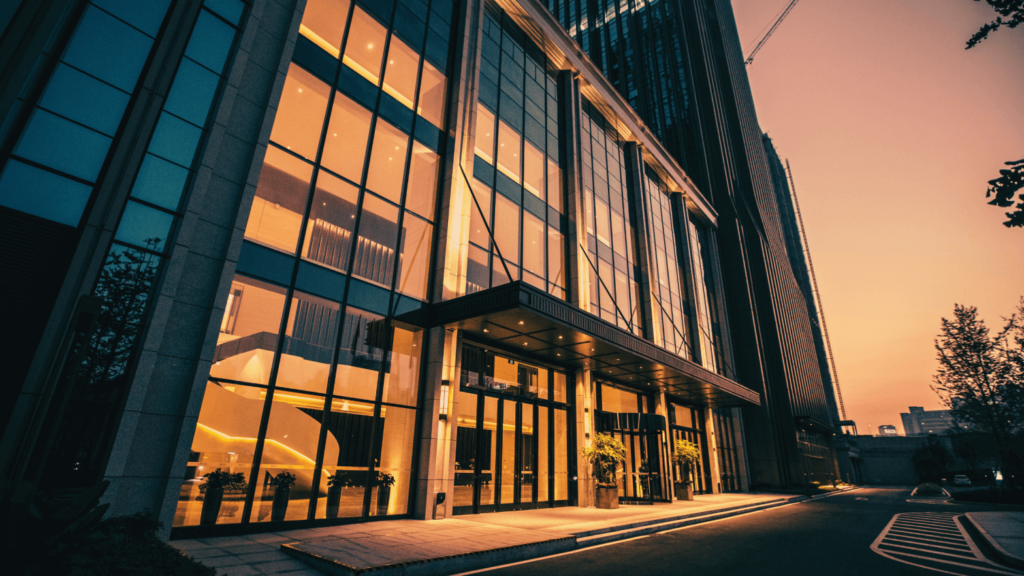
When it comes to safeguarding your commercial property, effective security measures are non-negotiable. From protecting valuable assets to ensuring the safety of employees and visitors, a robust security system is essential. Modern challenges require businesses to adopt advanced solutions to deter threats and respond effectively to potential breaches. Whether you’re managing a retail store, an office complex, or a warehouse, here are 7 tips for securing your commercial building that can give you peace of mind.
1. Invest in Advanced Commercial Security Systems
The backbone of a secure commercial building lies in the quality of its commercial security systems. These systems have evolved beyond simple alarms to include features like real-time video surveillance, access control, and integration with artificial intelligence (AI) for enhanced analytics.
For instance, advanced systems with facial recognition and license plate scanning can identify unauthorized individuals and suspicious vehicles entering the premises. Integrated solutions allow for centralized monitoring, enabling businesses to oversee multiple locations remotely. Incorporating a wireless intrusion detection system can further bolster security by identifying and alerting you to potential threats without the need for extensive wiring.
Statistics show that 60% of burglars are deterred by the presence of security cameras. Therefore, a well-designed commercial security system is not just a deterrent but also an effective means to gather evidence in case of an incident.
2. Implement Access Control Systems
Managing who can enter your building is crucial for maintaining security. Access control systems go beyond traditional locks and keys, offering features like keycard entry, biometric authentication, and mobile app controls.
These systems can restrict access to sensitive areas such as server rooms, cash storage, or inventory zones. They also provide an audit trail, enabling you to monitor entry and exit activities. Modern access control systems can integrate with commercial security systems to enhance overall protection.
For example, multi-factor authentication combining a biometric scan and a PIN code can significantly reduce the risk of unauthorized access. This is particularly important for businesses handling confidential client data or expensive equipment.
3. Install High-Quality Surveillance Cameras
Surveillance cameras are a cornerstone of any security strategy. Modern cameras offer features like high-definition video, night vision, and panoramic views, ensuring comprehensive coverage of your property. By using Ai video surveillance, a system that uses intelligent analytics to distinguish between people, vehicles, and irrelevant motion, you get smarter detection and fewer false alarms. With such a setup, you can gain clearer insights, more accurate alerts, and a more reliable security solution.
When choosing cameras, consider the specific needs of your commercial building. For example:
- Dome cameras are ideal for indoor spaces due to their wide field of view.
- Bullet cameras work well for outdoor areas where long-distance viewing is needed.
- PTZ (pan-tilt-zoom) cameras can cover large areas and zoom in on suspicious activity.
Additionally, consider the debate of NVR vs DVR when setting up your video recording system. While DVRs are cost-effective and work with analog cameras, NVRs are more versatile and compatible with modern IP cameras, offering superior image quality and advanced features like remote access.
4. Enhance Perimeter Security
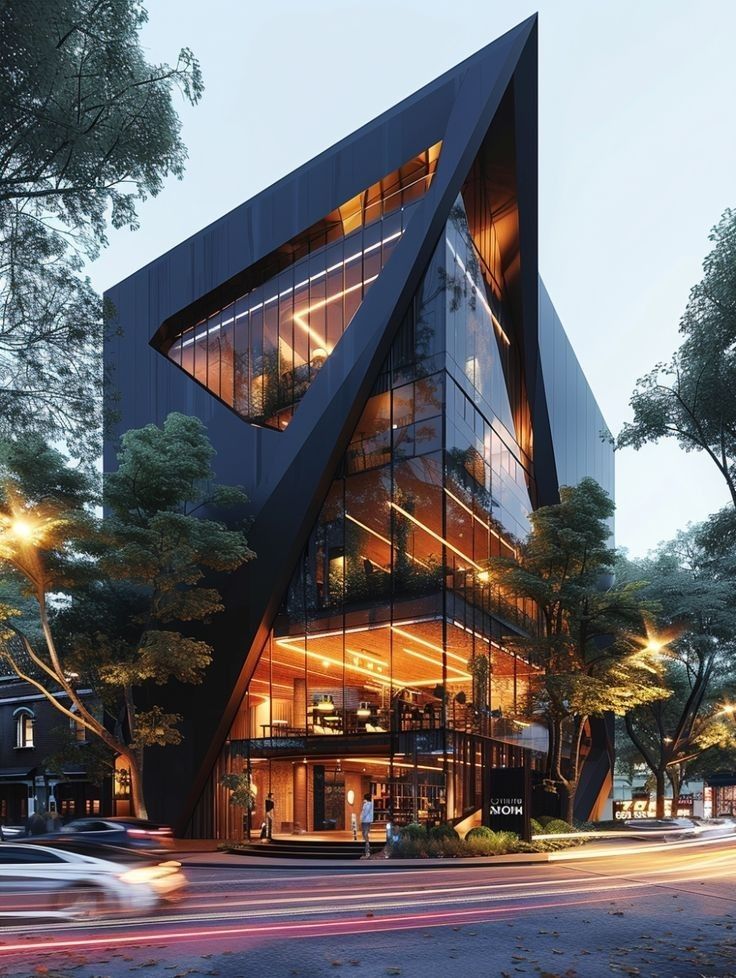
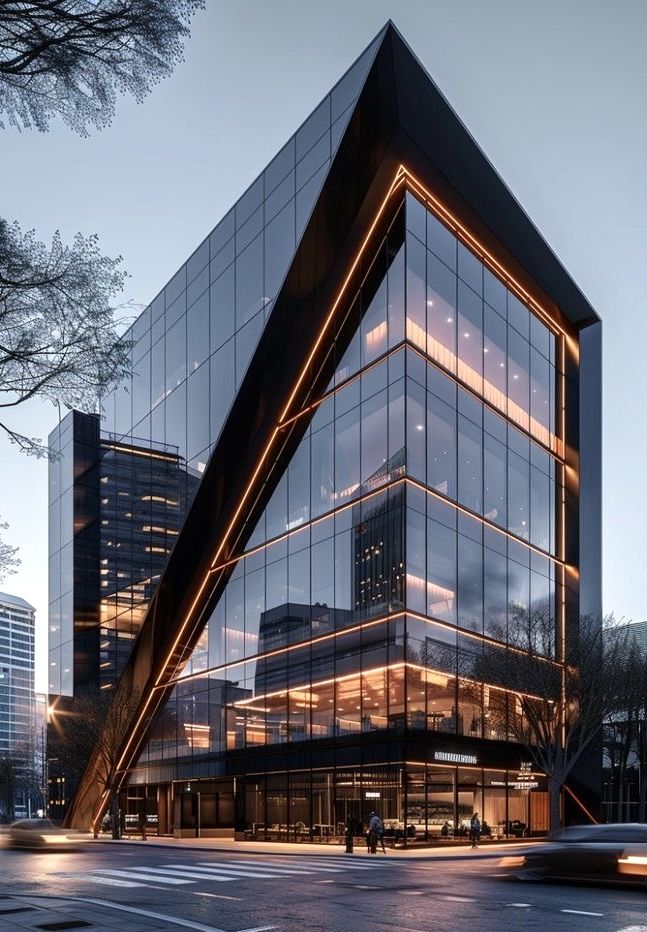
The perimeter is your first line of defense against unauthorized entry. A secure perimeter deters potential intruders and provides early warning signs of attempted breaches.
Key strategies for perimeter security include:
- Fencing and Gates: Use robust materials and integrate with access control systems for automated entry.
- Motion-Activated Lighting: Illuminate dark areas to deter intruders and reduce blind spots.
- Sensor Alarms: Detect movement or tampering near fences and entry points.
Modern commercial security systems can integrate perimeter protection with surveillance cameras and monitoring software. For example, if a motion sensor is triggered, the system can alert security personnel and activate nearby cameras for real-time monitoring.
5. Conduct Regular Security Audits
No security system is foolproof, which is why regular audits are essential. A security audit helps identify vulnerabilities, assess the effectiveness of existing measures, and implement necessary upgrades.
Key areas to evaluate during an audit include:
- Camera blind spots
- Access control vulnerabilities
- Effectiveness of alarm systems
- Employee adherence to security protocols
Consider hiring professional security consultants to conduct these audits. They can provide expert insights and recommend modern technologies to strengthen your security infrastructure.
6. Train Your Employees on Security Best Practices
Employees are your partners in maintaining a secure commercial building. However, human error can often be a weak link in the security chain. Training your staff on security protocols and best practices can significantly reduce risks.
Some essential training topics include:
- Recognizing phishing attempts and cyber threats
- Reporting suspicious activities
- Proper use of access control systems
- Responding to emergencies, such as fires or break-ins
Regular drills and workshops can reinforce these lessons and keep security top-of-mind for your employees. Additionally, ensure that only authorized personnel have access to sensitive information or areas.
7. Integrate Cybersecurity Measures with Physical Security
In today’s interconnected world, the lines between physical and digital security are increasingly blurred. Hackers can exploit vulnerabilities in your commercial security systems, such as unsecured cameras or poorly configured access controls, to gain unauthorized access.
To protect your building, integrate cybersecurity measures like:
- End-to-end encryption for all data transmissions
- Regular software updates to patch vulnerabilities
- Firewalls and intrusion detection systems for network protection
- Strong, unique passwords for all connected devices
A robust cyber-physical security strategy ensures that your business is protected from both physical and digital threats. This is particularly important for smart buildings, where IoT devices control everything from surveillance to lighting.
Conclusion
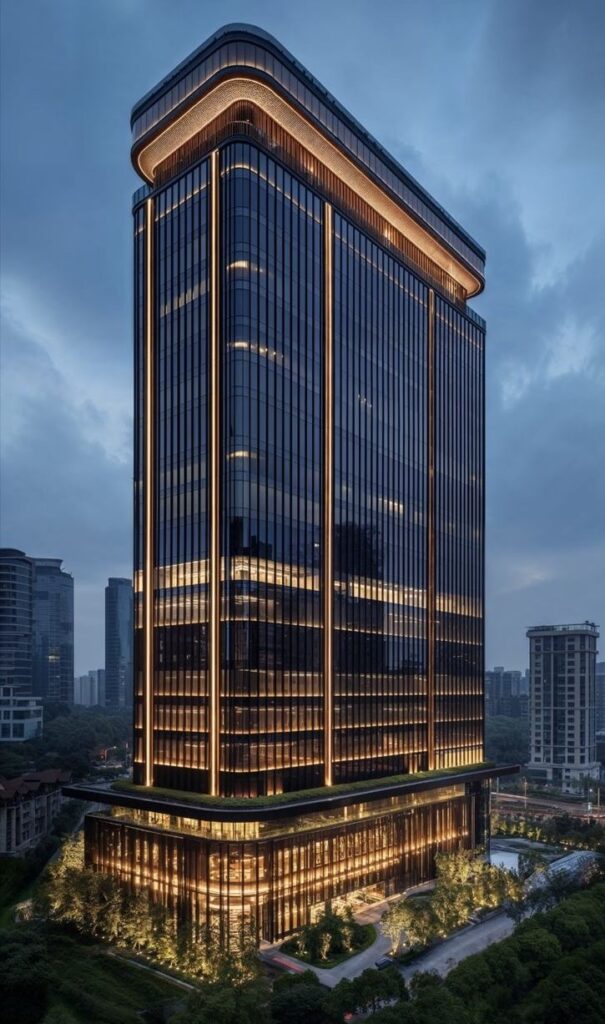
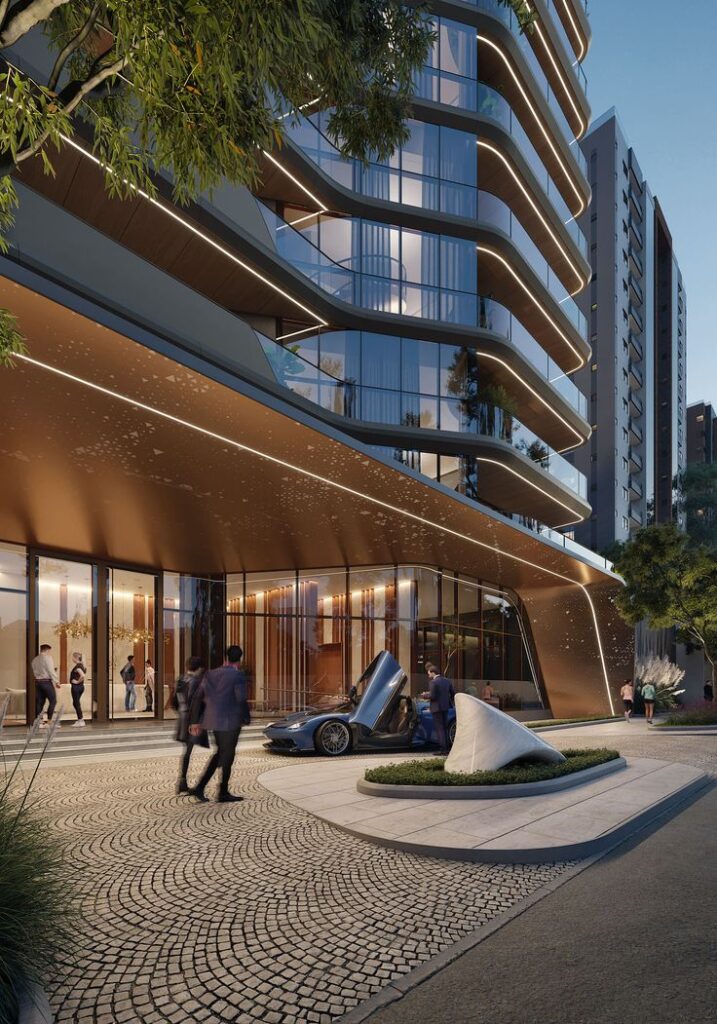
Securing a commercial building requires a comprehensive approach that combines technology, planning, and employee participation. By investing in advanced commercial security systems, implementing effective access controls, and conducting regular audits, you can create a safe environment for your business to thrive.
The future of security is increasingly proactive, leveraging AI, IoT, and predictive analytics to prevent incidents before they occur. Whether it’s upgrading to high-quality surveillance cameras or integrating cybersecurity with physical security, each step you take enhances the safety of your property, employees, and assets.
By following these seven tips, you not only deter potential threats but also instill confidence in your stakeholders, knowing that your commercial building is secure.
- 19shares
- Facebook0
- Pinterest19
- Twitter0
- Reddit0



